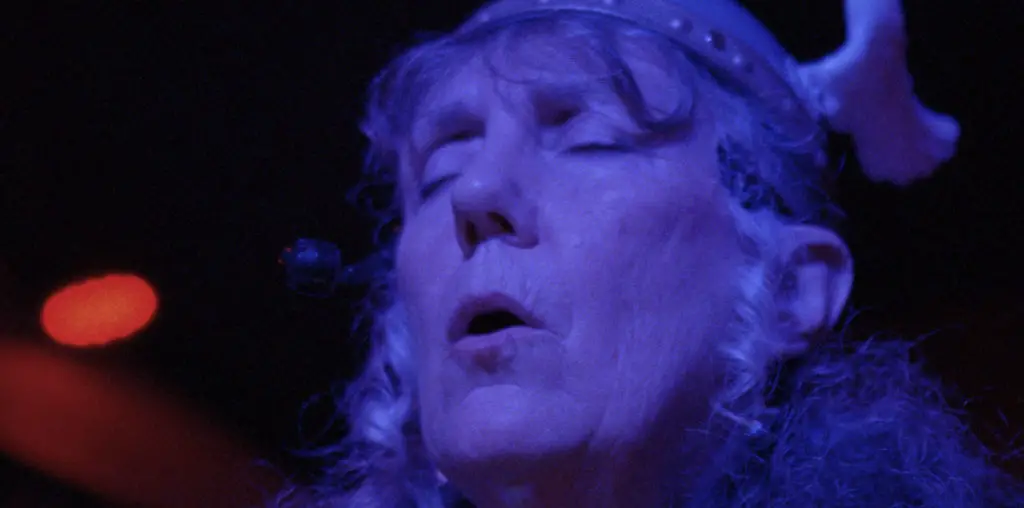
Sheila Hayman’s documentary, originally broadcast on the BBC, brings a deeply personal approach to retelling the life story of the German composer Felix Mendelssohn (1809-1847), her great-great-great-great uncle. Hayman details Mendelssohn’s career and artistic achievements while offering a simultaneous family history of how his 1930s-era descendants ran up against the deranged Nazi laws relating to genealogy.
Although Mendelssohn was born into a prominent Jewish family, he was baptized as a Lutheran when he was seven and identified as a Protestant throughout his life; his descendants were all Protestants, and some where unaware of their Jewish heritage. Hayman details how Mendelssohn faced Jewish-Gentile relations with contradictory results: although he was quoted speaking for tolerance, his Biblical-inspired oratorios “Saint Paul” and “Elijah” contain jolting passages that could perceived as being negative to the Jews of the Biblical era.
However, German anti-Semites – beginning with Richard Wagner is his scurrilous pamphlet “Jews in Music” – identified Mendelssohn solely as beginning Jewish and, thus, incapable of creating meaningful music. During the Nazi period, his music was banned from public performance except in concerts under the Kulturbund, a cultural apartheid policy designed solely for German Jewish audiences. The Nazi identification of Mendelssohn with the Jews was so intense that his music was used as part of the propaganda film “The Fuhrer Gives a City to the Jews.”
Today, however, Hayman discovers that her relatives who survived World War II do not consider themselves Jewish. Her father, who was sent to London as a child before war broke out, has pinballed through a number of religions, including the Quaker and Muslim faith. This further confuses the issue in regard to pigeonholing Mendelssohn by religion, and it also conveniently ignores the fact that Mendelssohn considered himself to be a Protestant, which would thus make the focus on Judaism irrelevant to his life.
However, Mendelssohn’s glorious music, particularly the score to “A Midsummer’s Night Dream” (which was publicly performed in Nazi Germany despite official bans), continues to transcend artificial boundaries designed to separate people. The film concludes with an Israeli student performing Mendelssohn’s work at the German music college that the composer founded – the ultimate example of how things have spun 180 degrees.
All told, this complex and often disturbing documentary puts forth many difficult questions that cannot be easily answered. Though, perhaps, it might be best to just put the questions aside and appreciate the music.


